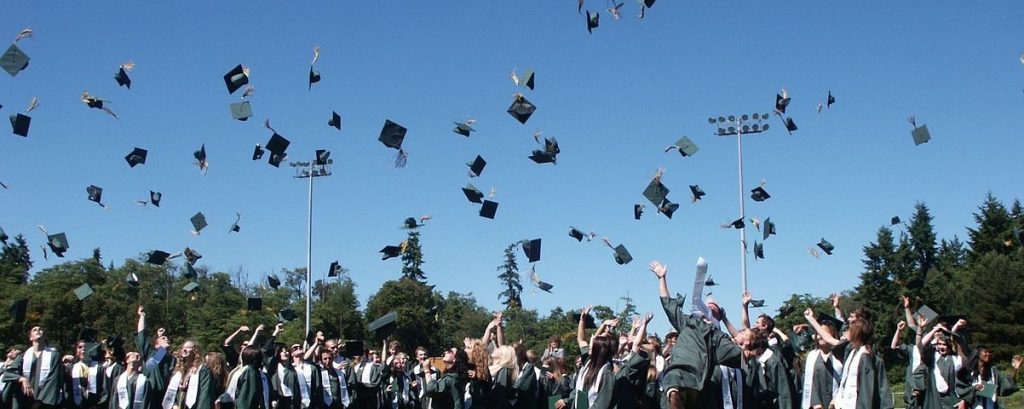Learning can be defined as the process of applying dedicated attention to gain a particular idea. It is a conscious will to acquire skills. Learning is a process that is specially built upon. There is no learning process without active participation from the one who is learning. This means that learning cannot take place amidst of laissez-faire attitude.
Furthermore, learning processes bridge the gap between expertise and ignoring. For one to grow beyond a novice level, learning has to be consciously applied in every scenario of his life. This is the process of making effort to eliminate ignorance. By the process, timidity about particular issues is transformed from a timorous level to a daring limit through a procedural approach.
Learning could also be regarded as education. That is, a learning process is also an educational process. Anyone that is undergoing the educational process is called a student. Therefore, as education shifts a student from the level of illiteracy to literacy, the same way, learning does the same.
No one becomes educated without passing through a learning process; you grow from one level to another as long as the dedication that is specific to such a field is consistently in the application.
Every champion started from the cradle, that is, he started from somewhere, passed through processes and finally got to where they are; that is the point of the championship.
It is this passing through stages, from lower to higher and then to the highest that is called learning processes. It could also be regarded as training for example; no footballer started playing in a National or International league on the first attempt.
He or she must have passed through some level of training for sometimes gradually there got to the level that they are currently. Can you do this analysis in every field today and found out the same result, definitely your outcome is not going to differ from these findings
Learning Processes.
As discussed in the first section, learning is a process that must be consciously followed to become educated. For every skill to be learned there must be a precept that must be followed. This precept is what brings the uniqueness that is seen in every field today.
Even in education at all levels, skills or schools, there is always an outline that guides the student on what to learn at a particular point in time. The same outline also helps the teachers who are impacting the knowledge to the student.
Notwithstanding, this article shall be focusing on general learning processes and principle which makes learning very effective.
1. Understanding of limitations: This is the process whereby individuals or groups acknowledged the level at which their inbuilt strength can take them. It is the understanding that they are things that you cannot do at the pace with which you are operating. In this process, such individual judges his or her strength and weaknesses separately and acknowledge them respectively. No learning process will begin if this level is not acknowledged.
Also, before one can begin learning, things to learn have to be discovered by the learners individually or collectively. From here, the need to learn what has been found necessary is valued. Therefore without this level, the drive to delve into learning a particular thing cannot be activated.
2. Decision making: After acknowledgment of the lack of the skills and knowledge that is specific to the venture discovered, a decision is made whether to proceed with learning the skill or not. Decision making is a very important process as long as learning is concerned. It is a process that keeps you open to fresh ideas. If no decision about learning is made there’s going to be a lack of interest. Decision-making should be a conscious effort.
Sometimes, a decision-maker is always guided by a mentor in the process but it should be noted that such mentees should be allowed to make decisions willingly. It is the decision that a student made that will determine whether he or she is going to continue schooling or not. This decision is like a driving force that keeps the student determined on what he or she desires to achieve in a particular endeavour. A positive decision maker will likely be a dedicated learner. That is, the positive decision gives rise to dedication to work.
3. Dedication: Dedication is a process of putting a conscious effort into the process of learning. Learning is perfect only when the learner is dedicated to what is being taught. Dedication comes into play when the learner knows the value of what he is learning and this is catalyzed through a positive decision which he or she had made.
There’s no shortcut to perfection without the art of being dedicated to the process of learning. Therefore, dedication is an obligation to the learning process.
4. Evaluation: This could also be regarded as value-judgments. It is the appraisal of what is being learned or what you are learning. In this process of learning one who is learning has to sit down and rethink, check the value of what he is learning, check how successful it has been and check how far he has gone with the learning. It is at this point that the learner will decide whether to make progress with the learning process or to quit.

If the learner is seeing viable results during the process of evaluation it means that the learner has to continue with the learning but if he is not seen a viable result, it means that such individual should sit down and check which other way he or she has to follow to get to perfection.
5. Practice: Practice is a process of incurring a practical effort to do the same thing which you have been taught. It is the practical application of a skill. Through practice, a learner is subjected to training through continuous exercise. Practice brings out from the learner the level of acquaintance with the course under which the learner is undergoing training.
The growth from one level of learning to another is improved through the process of practising. Without practice, the learner is as good as a novice. So it is necessary that during the process of learning, that the teacher has to monitor the learner through a continuous exercise and application of what he is teaching to know whether the learner is learning or not. Practice guarantees perfection.
6. Perfection: At this level, the learner gains mastery for study. Though learning is a continuous process in life, at the level of perfection, there is a considerable level of experience that the learner had attained which could make him or her master in the particular field where he/she had focused.
Professionally, he could handle such a course with no or minimum fear.

Notwithstanding, learning is a lifetime process. It continually engaged even after the level of perfection because no one can be perfect without learning. In other words, perfection is maintained through a learning process.
Please do well to share this article to all your social media platforms and subscribe with the notification button for more articles
You can share your ideas or ask your questions using the comment section below.

